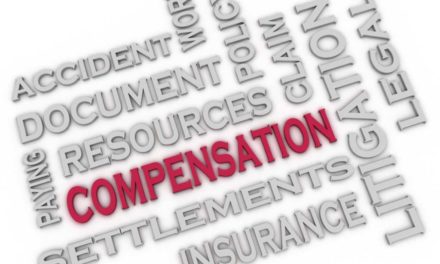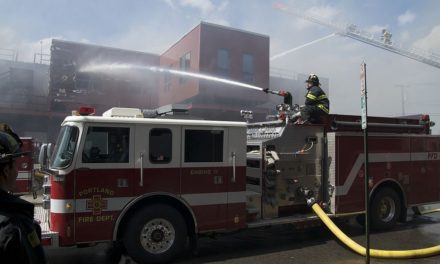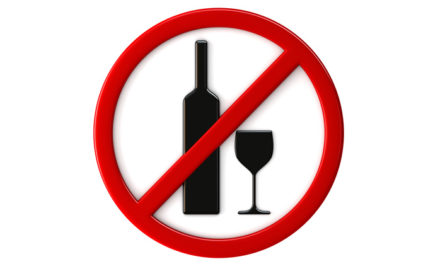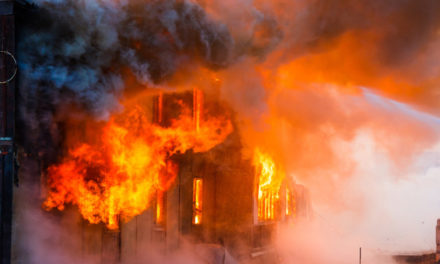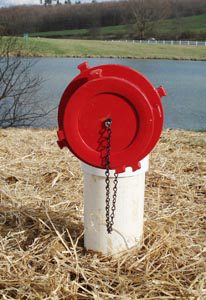 I met our Town Supervisor at a fire department pancake breakfast last weekend, and he asked me a question I had not previously considered: who is liable for maintaining dry hydrants on our Town roads?*
I met our Town Supervisor at a fire department pancake breakfast last weekend, and he asked me a question I had not previously considered: who is liable for maintaining dry hydrants on our Town roads?*
I know what happens in practice: the Town will install a dry hydrant on a right of way (a dry hydrant on private property is a wholly different thing and not considered here), perhaps above a pond, the fire department will routinely test the hydrant, and if it’s clogged the Chief will inform the Town highway department which will clear the clog. But what happens, from a liability perspective, if the department does not test the hydrant, or if the Town does not maintain the hydrant? That question is new to me, and apparently has not been litigated in New York State.
Though some of my colleagues in the fire department and in Town government have always assumed it’s as easy as “one tests, the other fixes,” it appears that the issue of legal obligations and actual liability has not come up. Specifically, if the hydrant doesn’t work because the department hasn’t tested it or the Town hasn’t maintained it, and the fire department could not get water to the fire, who is responsible if as a result the house burns down?
Because statutory and case law on this issue are non-existent, and therefore legal research gives no guidance, it is helpful to look generally at a Town’s or a fire district’s or department’s obligation to provide fire protection, not to the community as a whole but to the specific person whose house is on fire.
As a general rule, a municipality is not liable to an individual if it breaches a broad governmental duty, such as its obligation to ensure that an adequate supply of water is available to fire hydrants so that fire protection can be provided.
When the government acts for the benefit of the public as a whole, unless it has waived sovereign immunity neither it nor its actors can be sued for failure to provide, or to negligently provide, such services. This is called the “public duty” rule. In other words, in order to create liability in the municipality there must exist some special one-on-one relationship “creating a duty to use due care for the benefit of particular persons or a class of person” [Motyka v. City of Amsterdam; citations for all cases mentioned here are available on request]. Like the duty to provide adequate police protection, the duty to provide adequate water to fight fires inures to the benefit of the public at large, not to one particular person.
There are cases where a homeowner has sued a municipality or a fire department seeking to recover damages for property damage because the municipality or department was allegedly delinquent in responding to a fire. Plaintiffs in those cases do not prevail unless there is a clear assumption of an obligation to a specific person, like a written agreement to provide adequate water to that specific house or a representation to a specific homeowner that the house is safe because the fire is out.
In a 2014 case, Kirchberger v. Sinisi and Brentwood Fire Department, the plaintiffs had called 911 25 minutes before the first firefighters arrived, and the house burned down. The New York court ruled for the defendants, holding that there was no special relationship between the plaintiff and the defendants which would have lulled the plaintiff into a false sense of security.
Similarly, in a 1987 New York case, Kogel Lumber and Supply v. Suffolk County Water Authority, the court held that the water provider (it could by analogy have been the Town or the fire department) was not liable for negligence because there had been no special relationship between the plaintiff whose building had burned down and the provider who allegedly had failed to provide sufficient water pressure at a pumping station adjacent to the lumber yard.
Lack of water is of course a terrible thing, but the fact that water is not available at a hydrant, dry or wet, to fight a fire will not impose liability on the municipality or the fire district or department because maintenance of fire hydrants is a government function which does not include a special relationship to a specific person.
Back to the original question: who has a duty to maintain the Town’s dry hydrants? It is not clear. However, it is clear that the Town does not assume liability to a homeowner when it fails to maintain the hydrants. So, while there is no law on point, it seems apparent that the Town by taking on the maintenance role may continue that function but that it will not be liable for negligence because of failure to maintain.
__________________
* This article was written for the June 2017 issue of the Westchester County Volunteer Firemen’s Association Newsletter, the voice of Westchester’s fire service, Tom Bock editor. The newsletter is available for download at WCVFA Volunteer Issue 18 – June 2017.

